Watch recordings of both days of the conference here.
Conference
Virtual - Zoom: October 15 & 16, 2021
Watch recordings of both days of the conference here.
This conference was organized by the Zoryan Institute in partnership with UCLA Promise Armenian Institute, with the support of NAASR, the Ararat-Eskijian Museum, the UCLA Gender Studies Department and the UCLA Center for Near Eastern Studies.
Conference Details
——
Panel 1: Armenia’s Gender Trouble: Deconstructing “Anti-Genderism” From Historical, Linguistic, and Socio-Cultural Anthropological Perspectives
October 15, 2021: 11:00am EDT
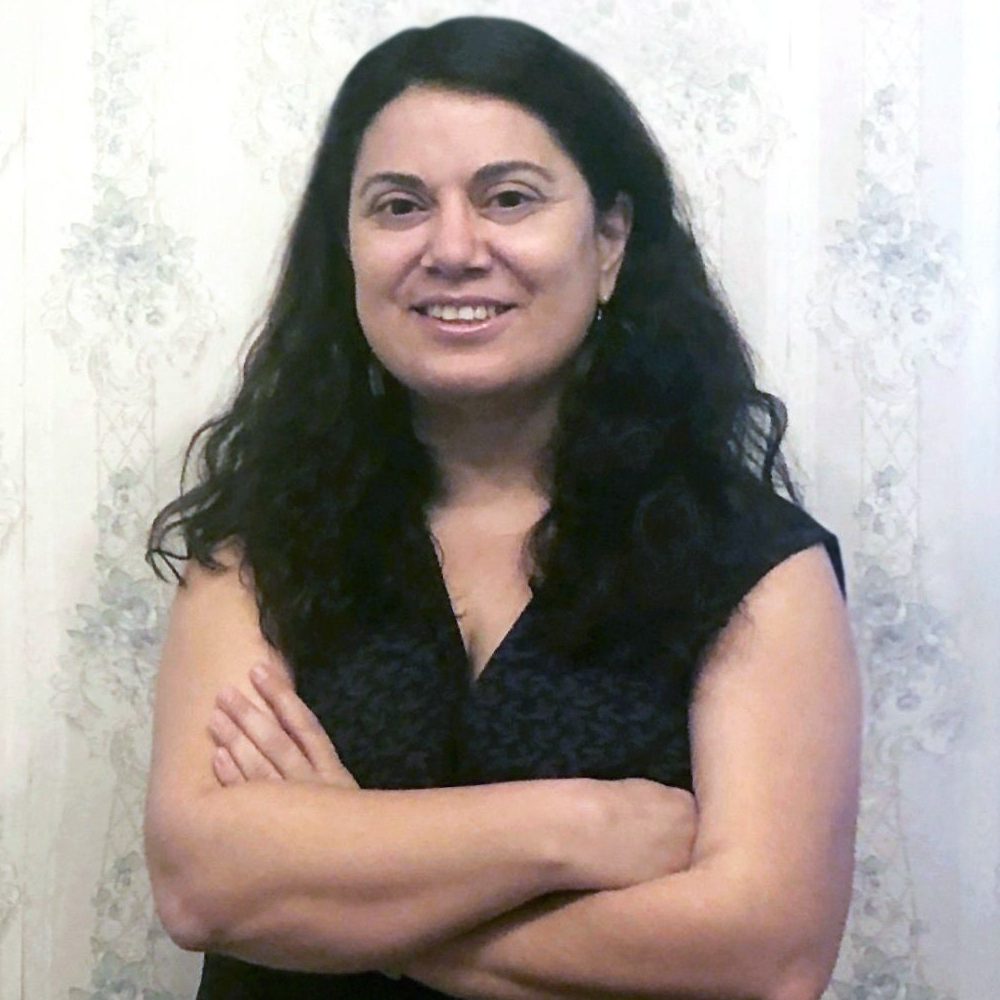
Panel Chair: Melissa Bilal
Bio: Melissa Bilal is a lecturer in the Department of Ethnomusicology, UCLA, and serves in the core team developing the American University of Armenia’s Gender Studies program. Dr. Bilal’s research and publications focus on Turkey’s minority and memory politics and the Armenian experience. She is currently collaborating with Lerna Ekmekçioğlu on the book and digital humanities project Feminism in Armenian: A History in Documents.
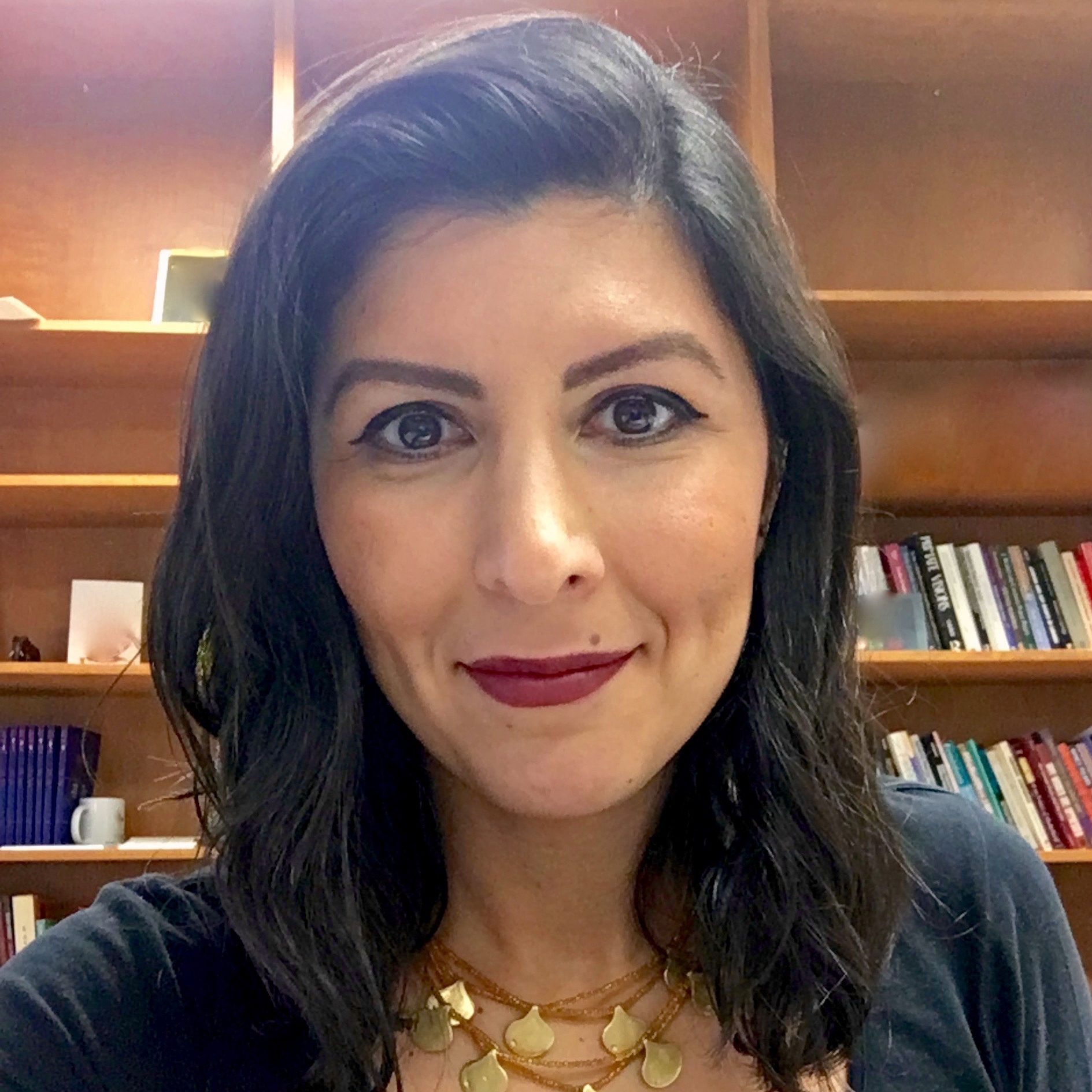
Panelist: Sevan Beukian
Presentation Title: Collective Trauma, National Anxiety, and Gender Politics: Rethinking Armenian National Identity
Bio: Sevan Beukian (she/elle/ան) currently works as equity lead on gender and intersectionality in public policy and community engagement in the public sector in Edmonton. Sevan completed a PhD in Political Science from the University of Alberta and a MA in Political Studies from the American University of Beirut. Her experience has spanned over a decade in teaching, research, and policy work in (non-western) feminist and queer theory, intersectionality, critical race theory, anti-racism, memory and trauma-informed approach, and anti-oppressive and anti-colonial frameworks with a strong commitment to reconciliation. Her current research focuses on the way trauma and memory shape national identity discourses through gendered, intersectionality, and postcolonial analyses of identity, recognition, and reconciliation. Sevan respectfully acknowledges that she is a visitor on Amiskwacîwâskahikan on Treaty 6 territory.
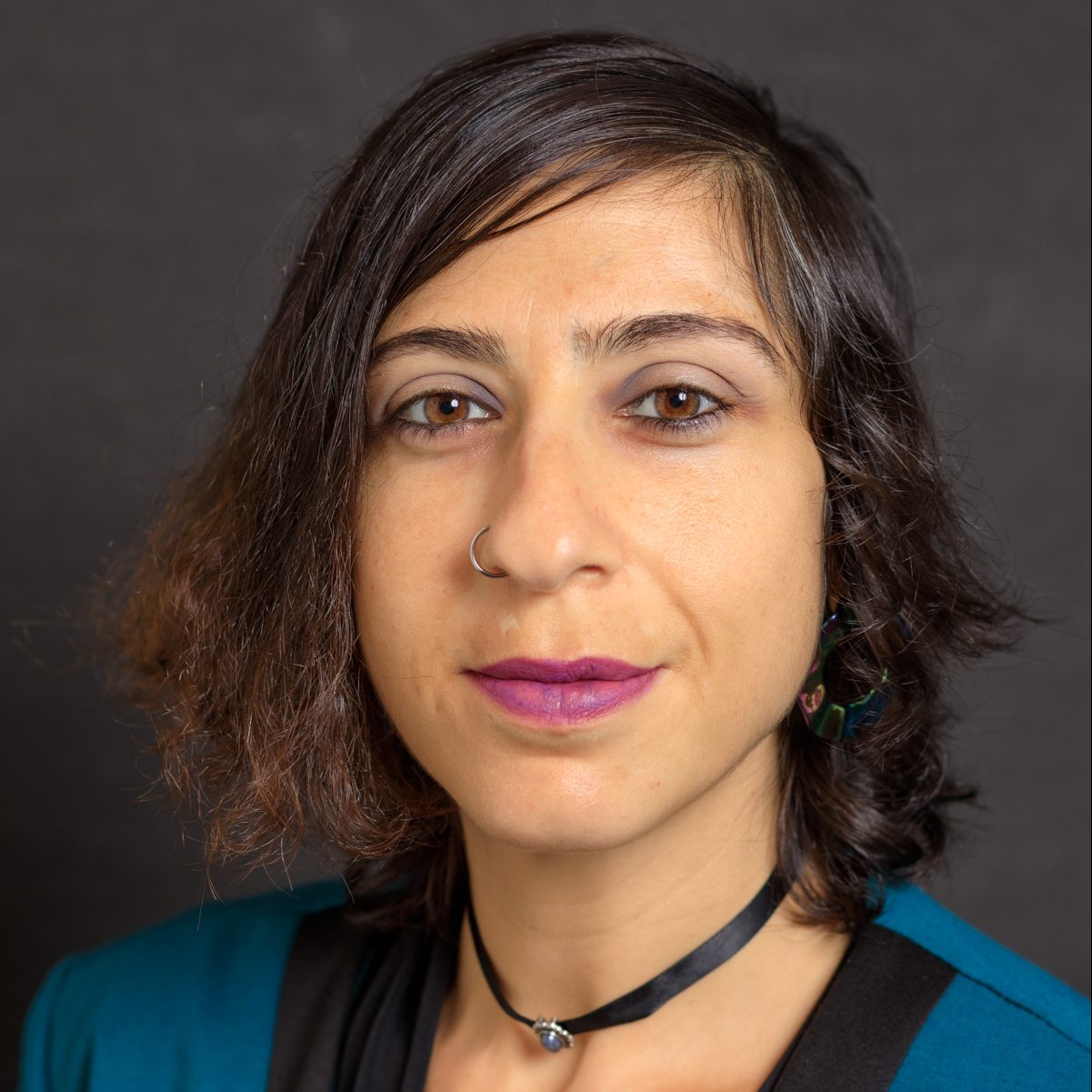
Panelist: Tamar Shirinian
Presentation Title: Gender Hysteria: The Figure of the Homosexual, National Anxiety, and Armenia’s Queer Futures
Bio: Prof. Tamar Shirinian is an Assistant Professor in the Department of Anthropology at the University of Tennessee Knoxville. She is a cultural anthropologist invested in the wide areas of queer theory and studies, transnational feminisms, political economy, the processes of postsocialism, psychoanalysis, and more recently medical and psychological anthropology.
Prof. Shirinian’s latest book project, Survival of a Perverse Nation: Queer Transformations in Postsocialist Armenia, investigates the intersections of political-economy, gender, and sexuality in the postsocialist Republic of Armenia.

Panelist: Rafik Santrosyan
Presentation Title: Multimodal Meaning-Making of Gender & its Impact for Policy Considerations
Bio: Rafik Santrosyan received his PhD in Germanic Linguistics from Yerevan State Linguistic University in 2015. He has served as a lecturer at Yerevan State Linguistic University, American University of Armenia, and as a visiting professor at the Sanford School of Public Policy, University of Duke, USA, and a post-doctoral fellow at City College, International Faculty of the University of Sheffield, Greece. He worked as a research fellow at the University of Fribourg, Switzerland; Center for Women’s and Gender Studies of the University of Paris, France; and at the University of Padova, Italy. Santrosyan’s teaching and research interests lie in the fields of gender linguistics, multimodal semiotics, and simultaneous interpreting. His current research examines the interconnectedness of grammatical gender and language-mediated cultural discriminatory practices.
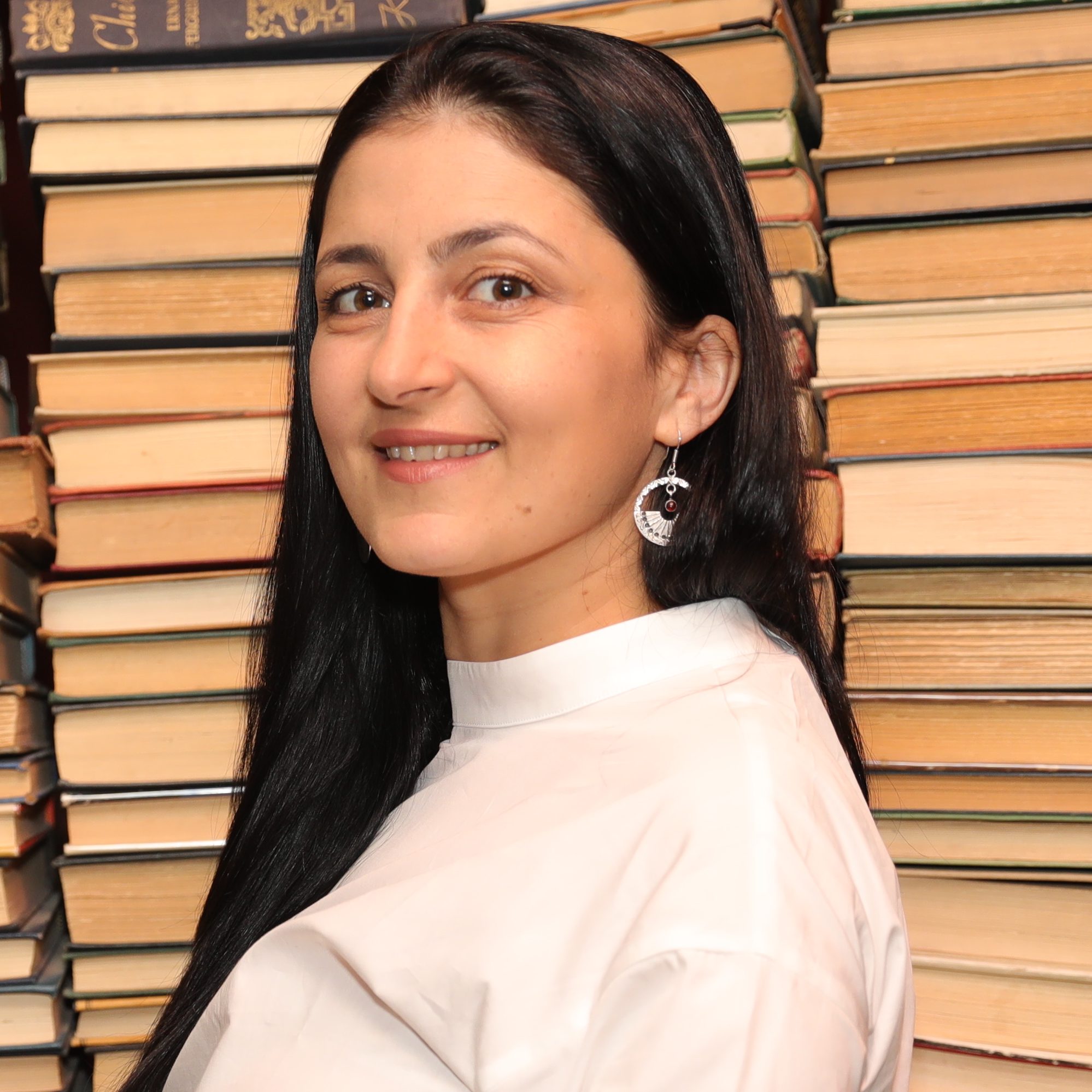
Panelist: Anna Aleksanyan
Presentation Title: The Transformation of Discourses About “Traditional” Armenian Family and its Political Manipulation
Bio: Anna Aleksanyan is a Ph.D. candidate at the Strassler Center for Holocaust and Genocide Studies at Clark University. Her dissertation explores gendered aspects of the Armenian Genocide in the experiences of its female victims. Before starting her Ph.D., Anna worked at the Armenian Genocide Museum-Institute as a researcher for seven years. She received her BA and MA in History at Yerevan State University. She is currently an adjunct lecturer at the American University of Armenia.
——
Panel 2: Politics and Representation: Uprooting Sexism, Racism, and Homophobia in Education, Decision Making, and Public Discourse
October 15, 2021: 1:00pm EDT
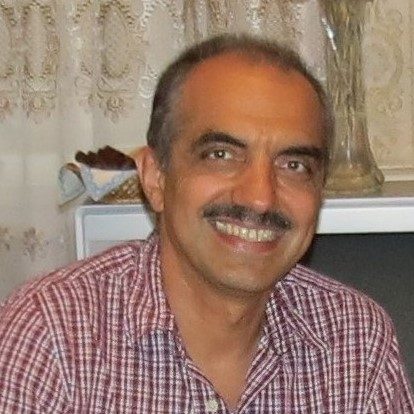
Panel Chair: Victor Agadjanian
Bio: Victor Agadjanian is a professor in the Department of Sociology and the International Institute at UCLA. He has conducted research on migration, family, and sexual and reproductive health in different parts of the world, including Armenia. He directed the USAID-funded project “Advancing gender equality and women’s empowerment in Armenia”, implemented in collaboration with Yerevan State University.
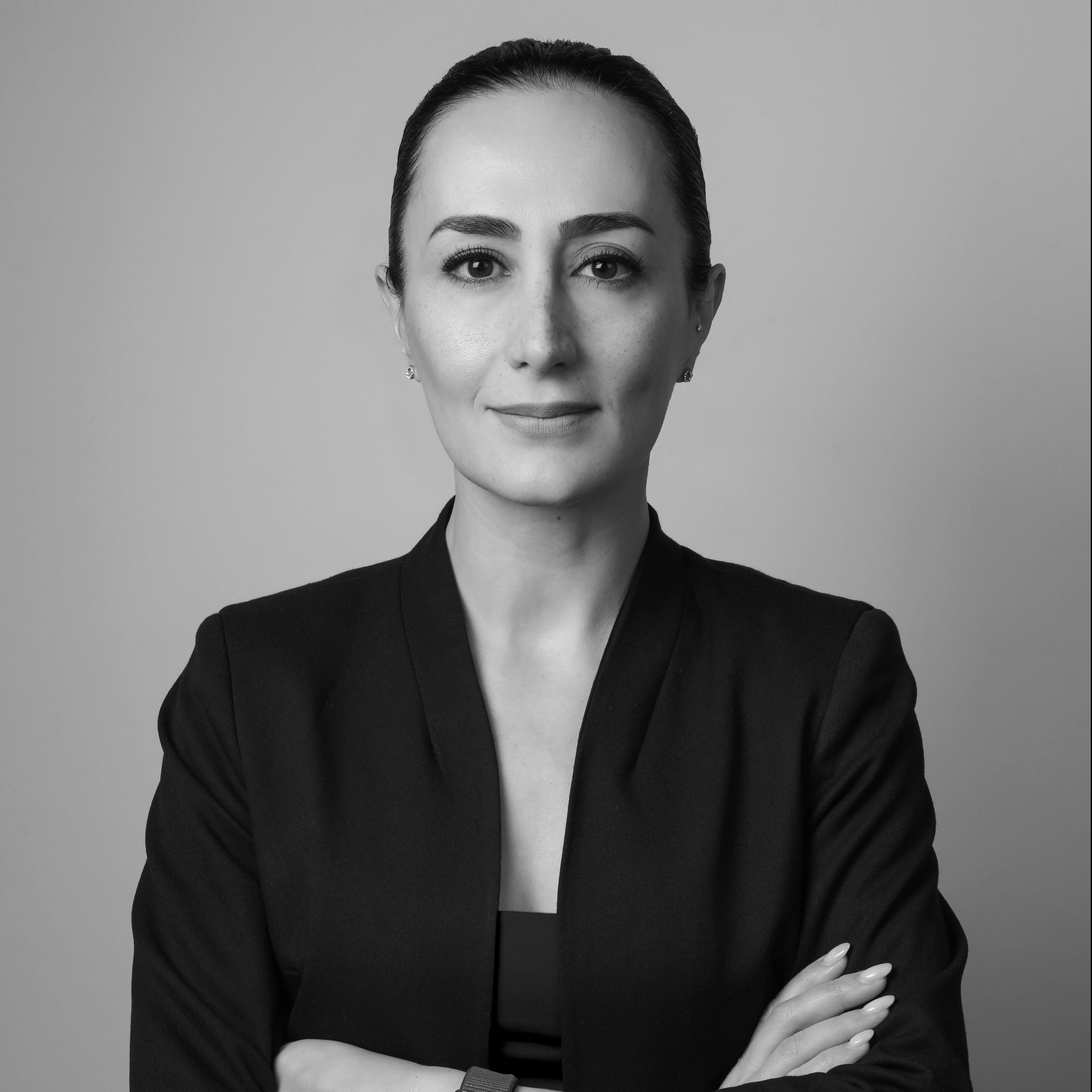
Panelist: Irina Ghaplanyan
Presentation Title: Demanding a Handshake. Gendered Experiences of Policy Production
Bio: Dr. Irina Ghaplanyan is a political scientist, climate negotiator and published author. Irina holds a Doctorate degree in political science from the University of Cambridge. Her main areas of expertise are political leadership, states in transition, climate politics, environmental management, gender and gender in conflict as well as security studies. Her previous education includes a Masters Degree in Diplomatic Studies from the Diplomatic Academy of London and a Bachelor of Arts Degree in International Relations from the University of Malta.
Dr Ghaplanyan served as Deputy Minister of Environment for the Republic of Armenia between 2018 and 2020. Currently, Irina acts as a Senior Advisor on Climate Change to the World Bank Group and as International Expert on Climate Change to the FAO, she also teaches at the American University of Armenia. Dr Ghaplanyan has worked in a number of international organizations and think tanks around the world to include UNDP, Georgetown University, Eurasia Foundation, and Chatham House. Irina has been a catalyst for change in the field of sustainable business and social entrepreneurship in Armenia. Irina was noted for her work in this field and in 2015 was awarded as one of the top social venture entrepreneurs by the Global Good Fund Leadership program in Washington DC.
Dr Ghaplanyan has a number of academic and media publications, among which the most recent is a Routledge published book titled “Post-Soviet Armenia: The New National Elite and the New National Narrative”.
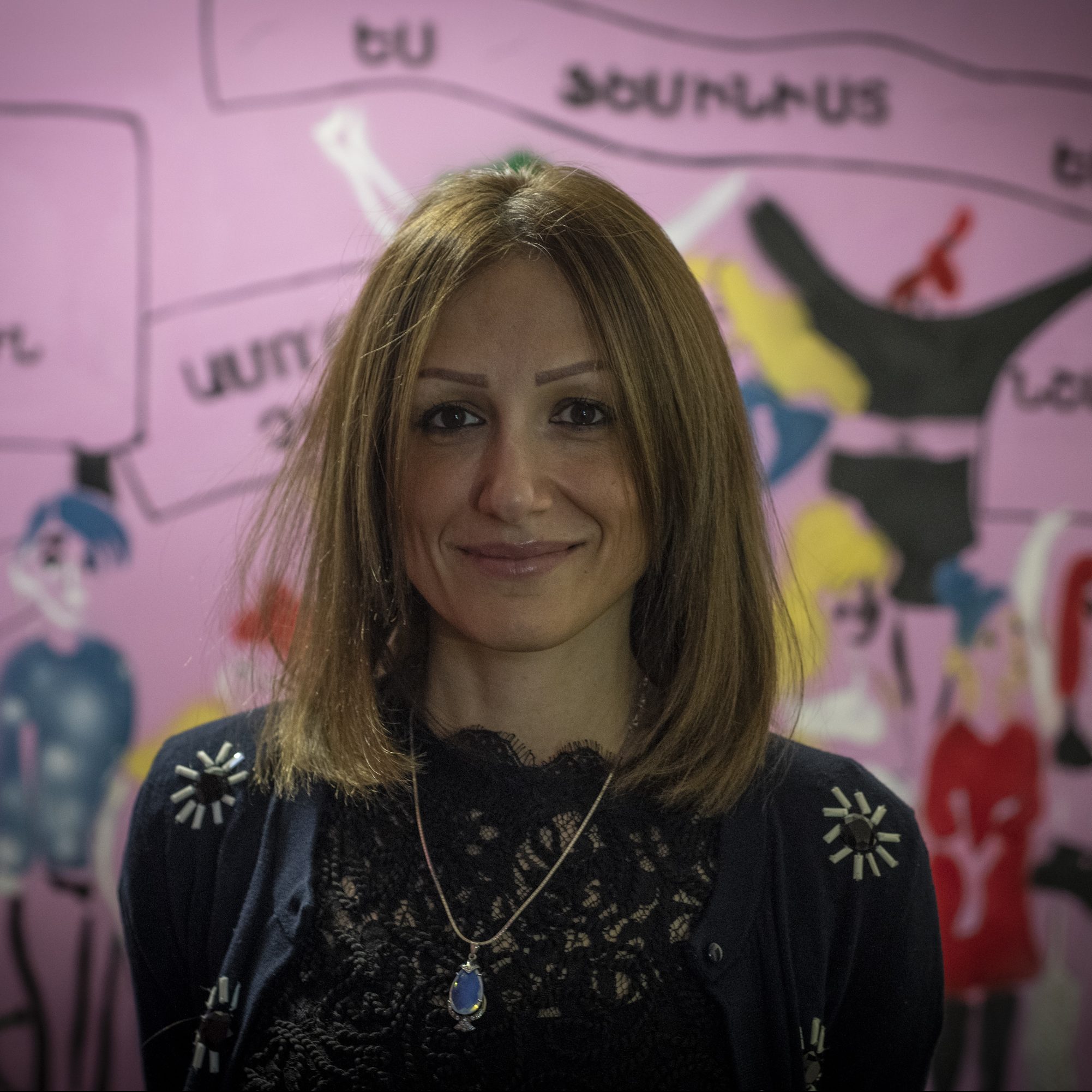
Panelist: Gohar Shahnazaryan
Presentation Title: The Situation of Women’s Rights in the Context of Multiple-Crises in Armenia
Bio: Gohar Shahnazaryan, is the Director of Yerevan State University Center for Gender and Leadership Studies (www.ysu.am/gender) and the Co-Founder and Co-Director of Wome’s Fund Armenia (www.womenfundarmenia.org) in Armenia. She holds PhD in Sociology. Currently Ms. Shahnazaryan is an Associate Professor at the Department of Applied Sociology at YSU, and a Coordinator of MA program Women, Leadership and Development that was launched at YSU from September, 2015.
In 2004 Ms. Shahnazaryan was a visiting scholar at the School of Public Affairs at Arizona State University. In 2008, 2009 and 2011 for one semester each year she has been a visiting scholar at the Institute of Slavic, Eastern European and Eurasian Studies at UC Berkeley through Open Society Institute Fellowship. She has been mainly affiliated with the Departments of Sociology and Gender Studies at UCB during her visits.
For the past ten years Ms. Shahnazaryan coordinated a number of large-scale projects on women and gender issues (such as projects on women’s leadership, development of referral mechanisms for the survivors of gender based violence, educational projects on women’s rights, women and peacebuilding, development of feminist movement in Armenia, etc), and participated at various international, regional and local conferences, trainings and workshops on women’s rights and gender equality. She is an author of more than fifteen articles on gender issues in Armenia.
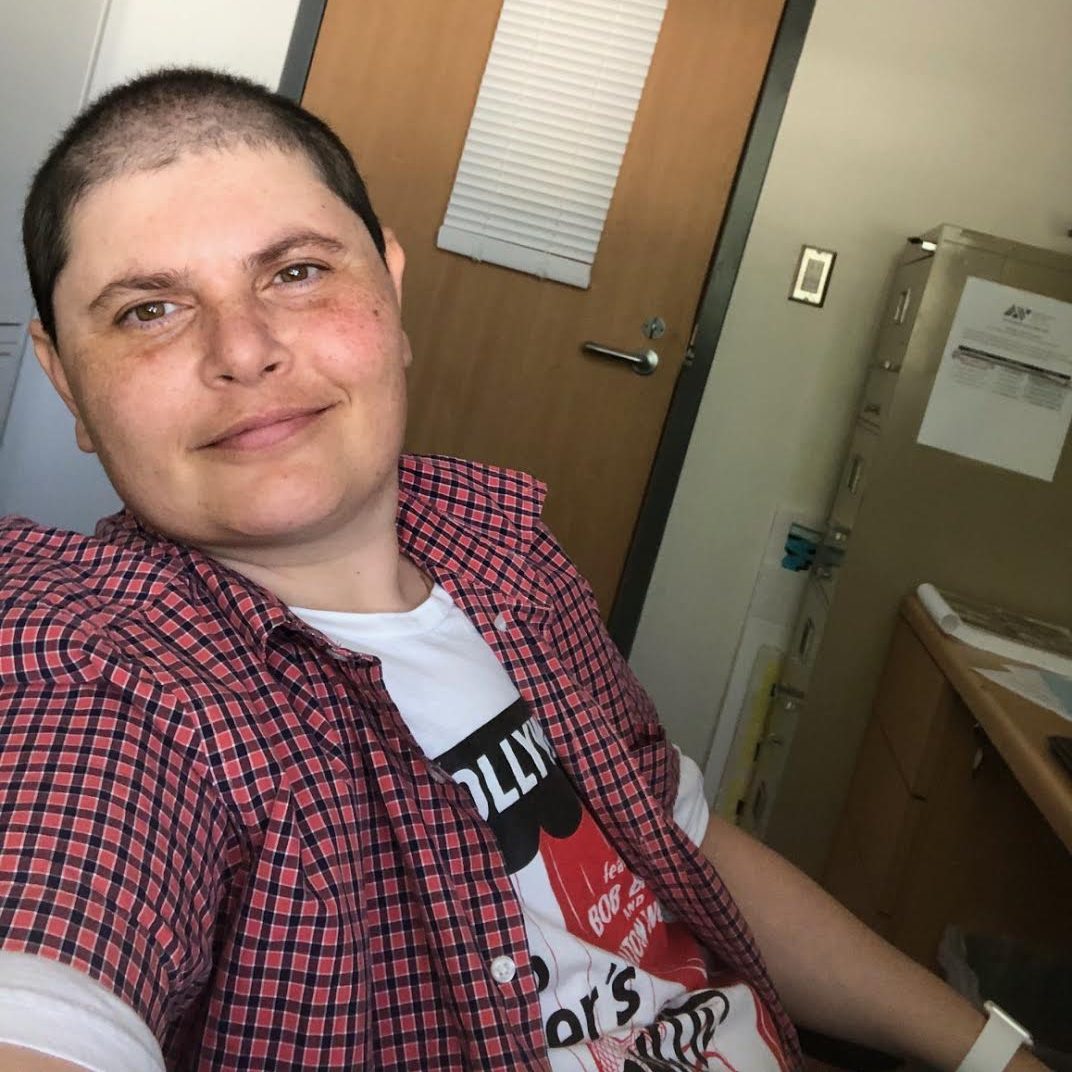
Panelist: Carina Karapetian Giorgi
Presentation Title: The Challenges of Transnational Armenian Female Migrant Laborers
Bio: Professor Carina Karapetian Giorgi is the Chair of Social and Behavioral Sciences at Antelope Valley College and also serves as a faculty member in the Department of Sociology. Karapetian Giorgi currently focuses on community partnerships in the greater Antelope Valley which aim to support students of color, low-income, first generation and homeless student populations. Karapetian Giorgi is currently working on two LGBTQ biographies, and enjoys being in love with their wife Jessica as well as entertaining their rambunctious dog Deimos Julius.

Panelist: Nelli Sargsyan
Presentation Title: Beyond all Necropolitics
Bio: As a feminist, Nelli Sargsyan situates herself at the disciplinary intersections of political anthropology, queer studies, and critical race studies, among others. Her scholarly interests range from the interrelatedness of queer diasporic belonging, nationalism, and trauma, to political work that cultivates feminist consciousness and collective care through direct street action, public performance, and feminist storytelling.
——
Panel 3: Equity and Empowerment: Creating and Distributing Resources Beyond the Gap
October 16, 2021: 11:00am EDT
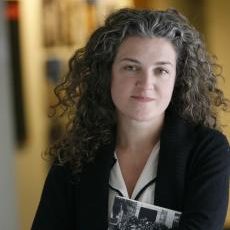
Panel Chair: Lerna Ekmekçioğlu
Bio: Lerna Ekmekçioğlu is a McMillan-Stewart Associate Professor of History at MIT, a historian of the modern Middle East, and an affiliate of the Women and Gender Studies Program as well as the Center for International Studies. She specializes on Turkish and Armenian lands in the 19th and 20th centuries. Her work focuses on minority-majority relationships and the ways in which gendered analytical lenses help us better understand coexistence and conflict, including genocide and post-genocide. She is also interested in the history of non-Western feminisms, including Armenian, Turkish, Kurdish, Jewish, and Greek women’s movements. She teaches courses on cultural pluralism, women and war, global revolutions, and women and gender in the Middle East and North Africa. Prof. Ekmekçioğlu is the winner of the 2016 Levitan Teaching Award in the School of Humanities, Arts, and Social Sciences (SHASS) which recognizes SHASS teachers “who make a profound difference in the educational experience of MIT undergraduate and graduate students.”
Her first book, which came out in 2006, was a co-edited volume in Turkish titled Bir Adalet Feryadı, Osmanlı’dan Cumhuriyet’e Beş Ermeni Feminist Yazar (1862-1933) [A Cry for Justice: Five Armenian Feminist Writers from the Ottoman Empire to the Turkish Republic (1862-1933)] . Her first monograph, Recovering Armenia: The Limits of Beloning in Post-Genocide Turkey, came out of Stanford University Press in early 2016. The book offers the first in-depth study of the aftermath of the 1915 Armenian Genocide and the Armenians who remained in Turkey.
Dr. Ekmekcioglu is currently collaborating with Dr. Melissa Bilal (visiting scholar at MIT History) in compiling a critical anthology of the history of Western Armenian feminism. Titled “Feminism in Armenian: An Interpretive Anthology” this book focuses on twelve Istanbul-born feminists who were active in various parts of the world from 1860s to 1960s. The project also has a digital humanities component, a documentary website that archives these feminists’ published and unpublished work over the years. Dr. Ekmekcioglu is also collaborating with Dr. Kent Schull (Binghamton, SUNY) for an edited volume on the entangled histories of Armenians in the 19th century Ottoman Empire.
Once a semester Prof. Ekmekçioğlu organizes the McMillan-Stewart Lecture on Women in the Developing World.
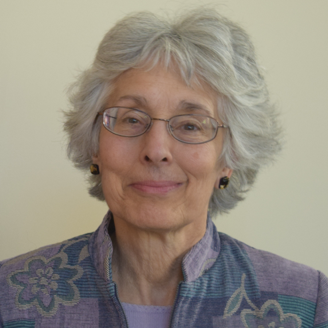
Panelist: Judy Norsigian
Presentation Title: Might an Intersectional Approach to Problem-Solving Better Address Gender-Based Health Inequities in Armenia?
Bio: Judy Norsigian was a founding member of Our Bodies Ourselves (OBOS) in 1971, served as its executive director from 2001 to 2015, and currently chairs the board of this organization best known for the landmark publication Our Bodies, Ourselves. She co-authored all eight Simon & Schuster editions of this book, named by the U.S. Library of Congress as one of “88 books that shaped America.” She was also a member of the editorial teams that produced Our Bodies, Ourselves: Menopause and Our Bodies, Ourselves: Pregnancy and Birth. OBOS seeks to advance the health and human rights of women and girls globally.
Judy has appeared on hundreds of television and radio programs, including NBC Nightly News, Al Jazeera, The Today Show, Good Morning America, The Early Show, Oprah, Fox News, and The Current. She has served on numerous boards for organizations such as the National Women’s Health Network (14 years) and Public Responsibility in Medicine and Research (24 years).
Personal recognitions include the Public Service Award from the Massachusetts Public Health Association; the Radcliffe College Alumnae Association Annual Recognition Award; and the Massachusetts Health Council Award. She holds honorary doctorates from Boston University and Simmons University.
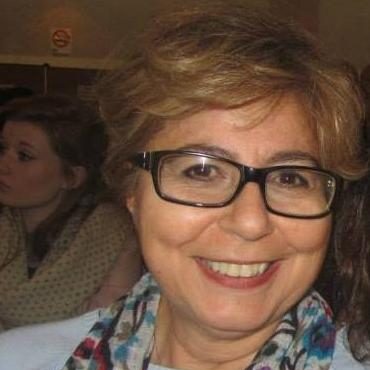
Panelist: Maro Matosian
Presentation Title: Domestic Violence in Armenia
Bio: Maro Matosian dedicated herself to extensive work in the Armenian communities of New York and Paris before moving to Armenia in 1991 where she worked as Country Director for “Aznavour pour l’Armenie,” foundation and since 2006 for the Tufenkian Foundation. In 2010, Maro has founded and is the executive director of the Women’s Support Center NGO, running 2 shelters and being the premier center offering comprehensive services to survivors of domestic violence. Besides services to victims of abuse the center does community awareness raising, trainings, and advocacy for systemic change in addressing the problem of gender based violence.
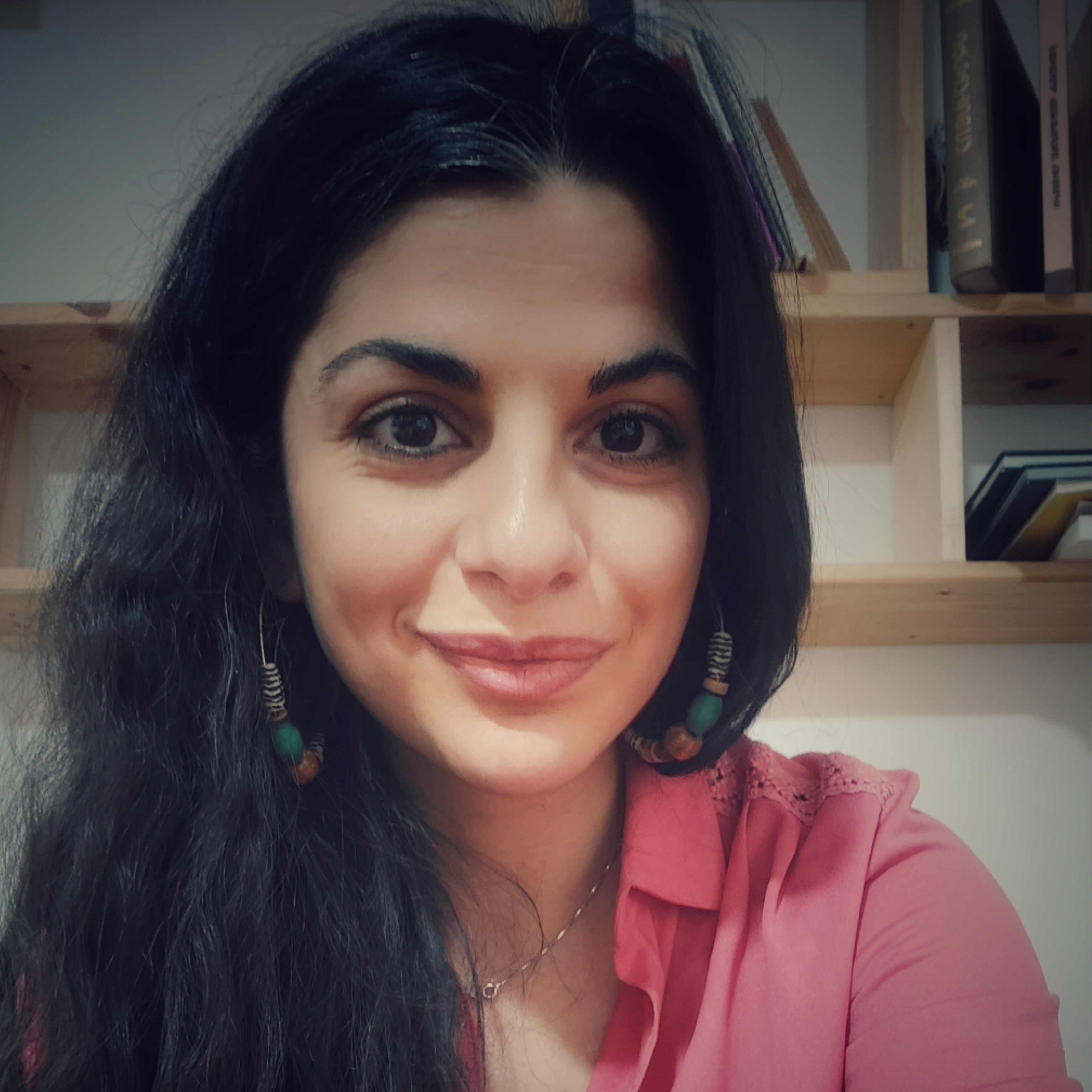
Panelist: Anahit Simonyan
Presentation Title: Labour Rights in Armenia: The Gender Lenses.
Bio: Anahit Simonyan is a researcher, human rights practitioner and feminist activist, based in Armenia. Her areas of expertise include women’s rights, protection from violence and discrimination and advancement of socio- economic rights.
Anahit holds MA in Theory and Practice of Human Rights from the University of Essex, UK. Throughout her work, Anahit cooperated with numerous local and international human rights organizations and networks. In 2018, Anahit co-founded the Human Rights Research Center (HRRC) – a non-governmental organization, based in Armenia (https://www.rightsresearch.net/). Currently, she is the Director of HRRC.
Over the past 6 years Anahit authored and co-authored more than 20 researches, articles and publications on such issues as combatting violence against women and girls through legislation and policy, protection of labour rights and harmonization of domestic legislation with international labour standards, housing rights, health rights, education in emergencies, anti-discrimination and inclusion, youth participation, the use of UN complaints procedure, human rights based-approaches in policy making, development of rights-based poverty reduction policies, collective memory and human rights related official state discourse, societal pressure on women involved in human rights protection and activism and anti-gender tendencies, narratives and perceptions of justice in Armenia, revision of human rights guarantees under the constitution of Armenia.
——
Panel 4: War, Trauma, and Displacement: Gender and Building Peace
October 16, 2021: 1pm EDT
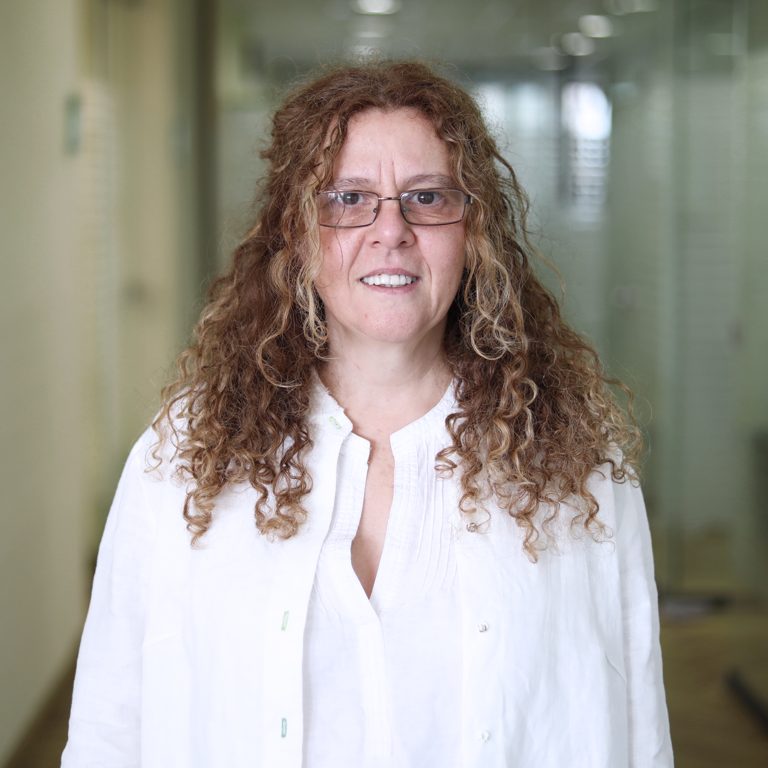
Panel Chair: Hourig Attarian
Bio: Hourig Attarian is an Associate Professor at the American University of Armenia, and obtained her PhD from the Faculty of Education, McGill University. She is also a core member of the Centre for Oral History and Digital Storytelling (COHDS) at Concordia University in Montreal, Canada. Visual arts-based methodologies are a core facet of her research endeavours. Anchored in the blurred genre of life history and autobiographical inquiry, her work focuses on storying memory and identity through visual and narrative explorations. Her research-creation projects draw together difficult memories and marginalized histories of violence within a framework of public pedagogy.
Hourig teaches courses in education and oral history.
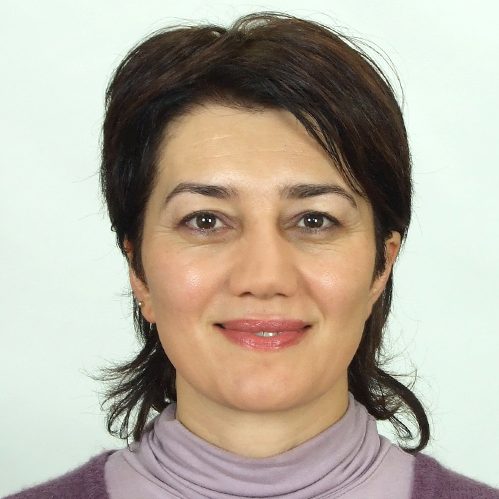
Panelist: Nona Shahnazarian
Presentation Title: Nagorno-Karabakh Wars and Gender Transformations: Displacement, Trauma, and Widowhood
Bio: Nona Shahnazarian is a social anthropologist who is a Senior Research Fellow at The Institute of Archeology and Ethnography, National Academy of Sciences, Yerevan, Armenia. She is also affiliated with the Center for Independent Social Research, St. Petersburg, Russia. In 2017, she was a Visiting Carnegie Fellow at the University of Stanford. She has published extensively on the issues of gender, war, migration, memory and Diaspora in the Caucasus, including a book chapter National Ideologies, Survival Strategies and Gender Identity in the Political and Symbolic Contexts of Karabakh War (2010), as well as a monograph in Russian In the Tight Embrace of Tradition: War and Patriarchy (2011). Her most recent contribution The Republic of Armenia (with Kristin Cavoukian) is issued in The Palgrave Handbook of Women’s Political Rights (2018). She has run the regional office of the Women in War Think Tank in Yerevan since 2015.
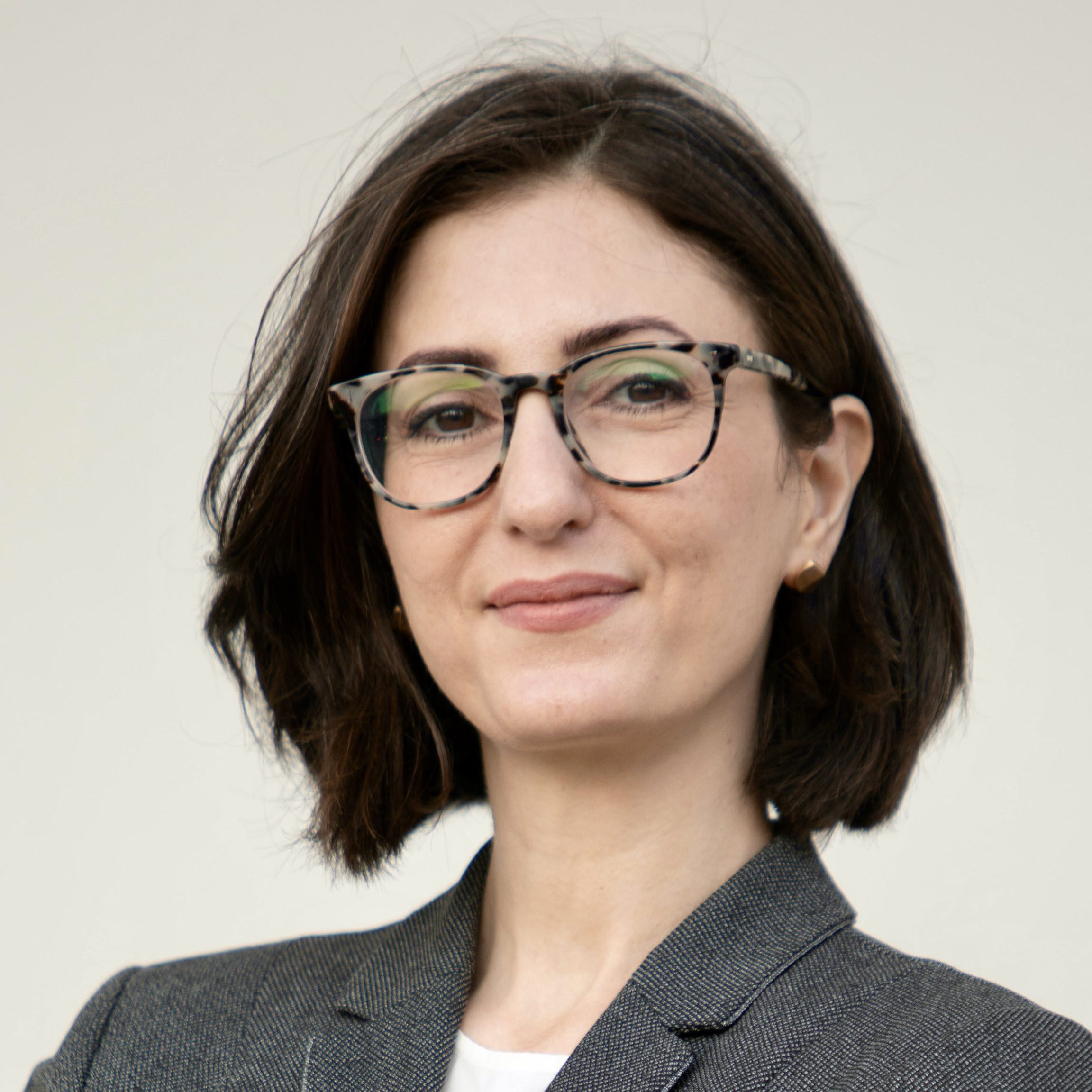
Panelist: Karena Avedissian
Presentation Title: Women and Embodied Experiences of War: Positionality of the Activist-Scholar
Bio: Karena Avedissian, PhD is a political scientist focusing on popular geopolitics and new media and communications in Eurasia. Her work on the interplay of authoritarianism, societal vulnerabilities, and civil society has been published in academic publications and in The Guardian. She is a Fellow of the Royal Society of Arts.
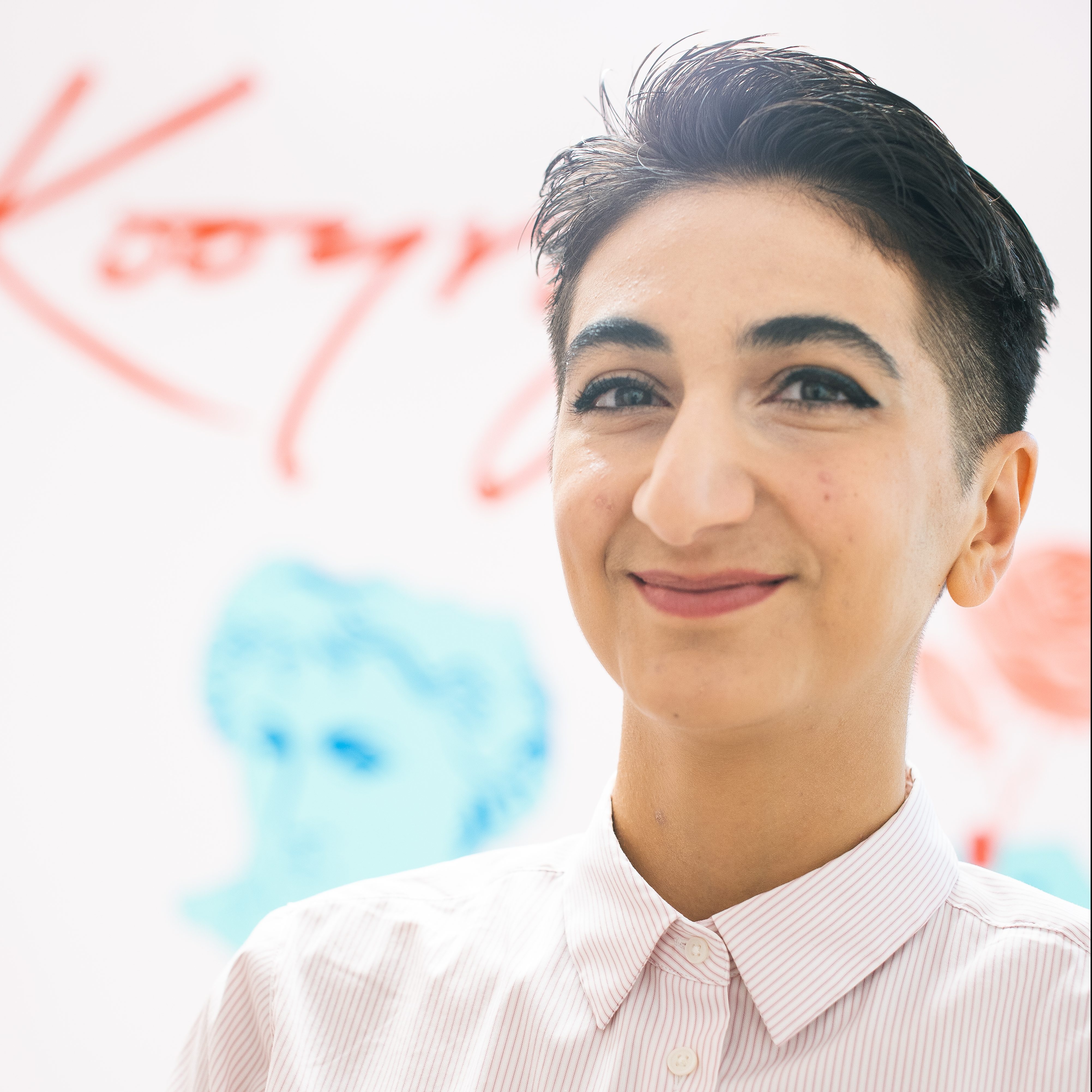
Panelist: Mariam Avagyan
Presentation Title: The Patriotic Woman: From Frontline Fighter to a Mother of Four
Bio: Mariam Avagyan is a PhD candidate at the Department of Electrical Engineering and Data Science Institute at Columbia University. Mariam served as the Director of Kooyrigs Armenia, supervising educational initiatives and large-scale humanitarian aid distribution to displaced people and refugees, focusing on pregnant people of Artsakh. As a staff writer at Azad Archives, Mariam focuses on data-based articles concerning women such as bride kidnapping, relationship abuse, and others. Mariam has served as an Adjunct Professor of Mathematics at the American University of Armenia, and received her BS in Mathematics and BS in Electrical Engineering at Trinity College CT, as well as an MS in Electrical Engineering at Columbia University.